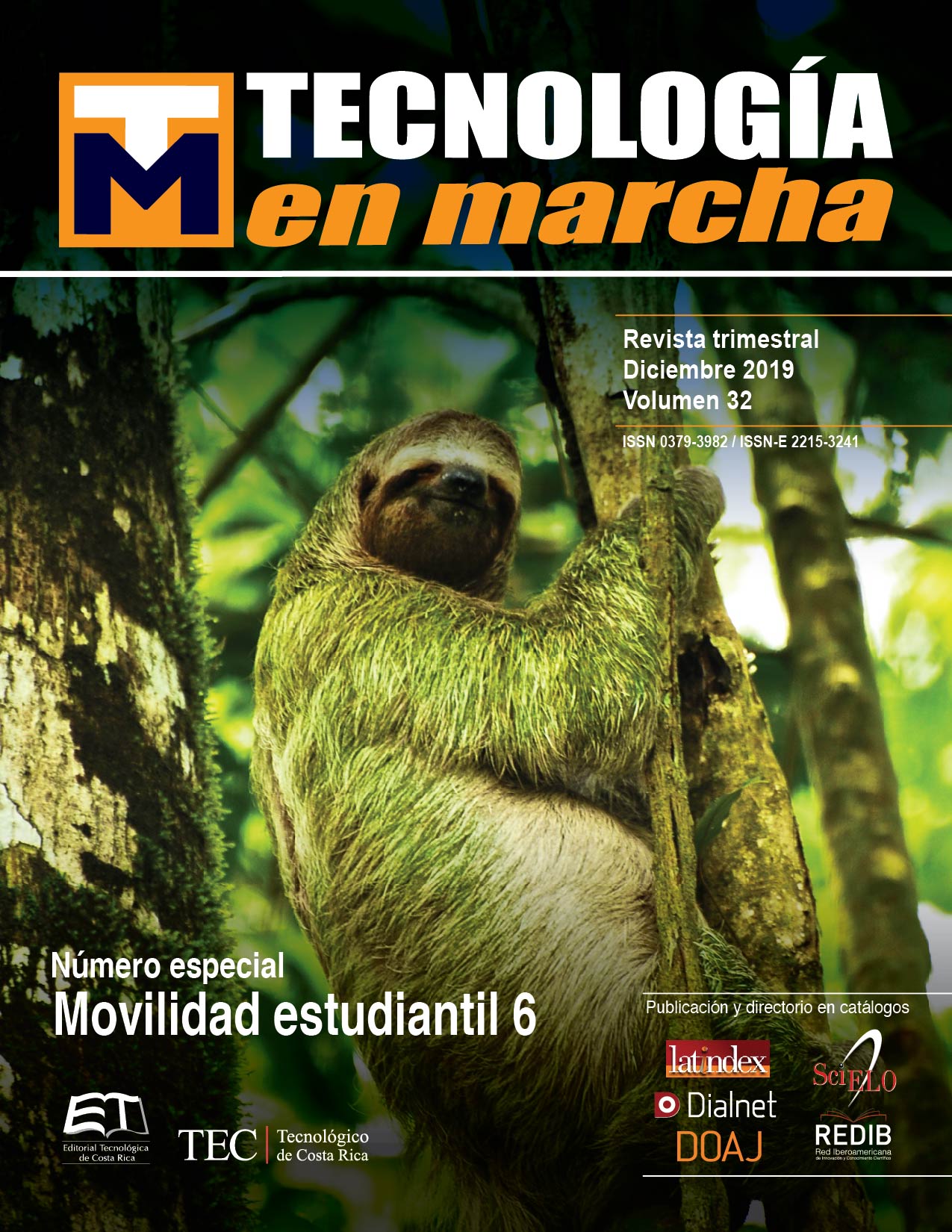Food Waste Assessment during Pre-Harvest, Harvest, and Marketing of Lettuce (Lactuca sativa) under an Organic and a Conventional Farming System
Main Article Content
Abstract
The food loss is a key study point since it generates negative impacts in society and in food security, as well as in the environment and in the economy of the agrifood systems. Henceforth, initiatives such as SAVE FOOD ® had emerged. Taking these aspects into consideration, this paper was created with the intention to understand the quantity and cause of the food loss in lettuce (Lactuca sativa) in the stages of sowing, harvest, and marketing of both organic and conventional production systems, located north of Cartago, in Costa Rica. The study showed that there were pre-harvest losses of 2% in the conventional production system and 6% in the organic production system. Moreover, in the case of the harvest to conditioning stage, a 25% food loss was found in the conventional system and 33% of losses were found for the organic production system. Finally, in the stage of conditioning to commercialization, the conventional system showed a loss of 13%, while the organic system was settled with a loss of 1%.
The cause inference process suggested that these losses occurred due to different causes such as improper agricultural and manufacturing practices, represented in high entomological, pathological, and mechanical damage. Likewise, the deficient planning and administration in production and demand predictions were important causes too.
Possible solutions can be a better disease and plague control in farms as well as an improved management of the operations during all the stages of production. Demand stimulation or estimation is also suggested.
Article Details
Los autores conservan los derechos de autor y ceden a la revista el derecho de la primera publicación y pueda editarlo, reproducirlo, distribuirlo, exhibirlo y comunicarlo en el país y en el extranjero mediante medios impresos y electrónicos. Asimismo, asumen el compromiso sobre cualquier litigio o reclamación relacionada con derechos de propiedad intelectual, exonerando de responsabilidad a la Editorial Tecnológica de Costa Rica. Además, se establece que los autores pueden realizar otros acuerdos contractuales independientes y adicionales para la distribución no exclusiva de la versión del artículo publicado en esta revista (p. ej., incluirlo en un repositorio institucional o publicarlo en un libro) siempre que indiquen claramente que el trabajo se publicó por primera vez en esta revista.

